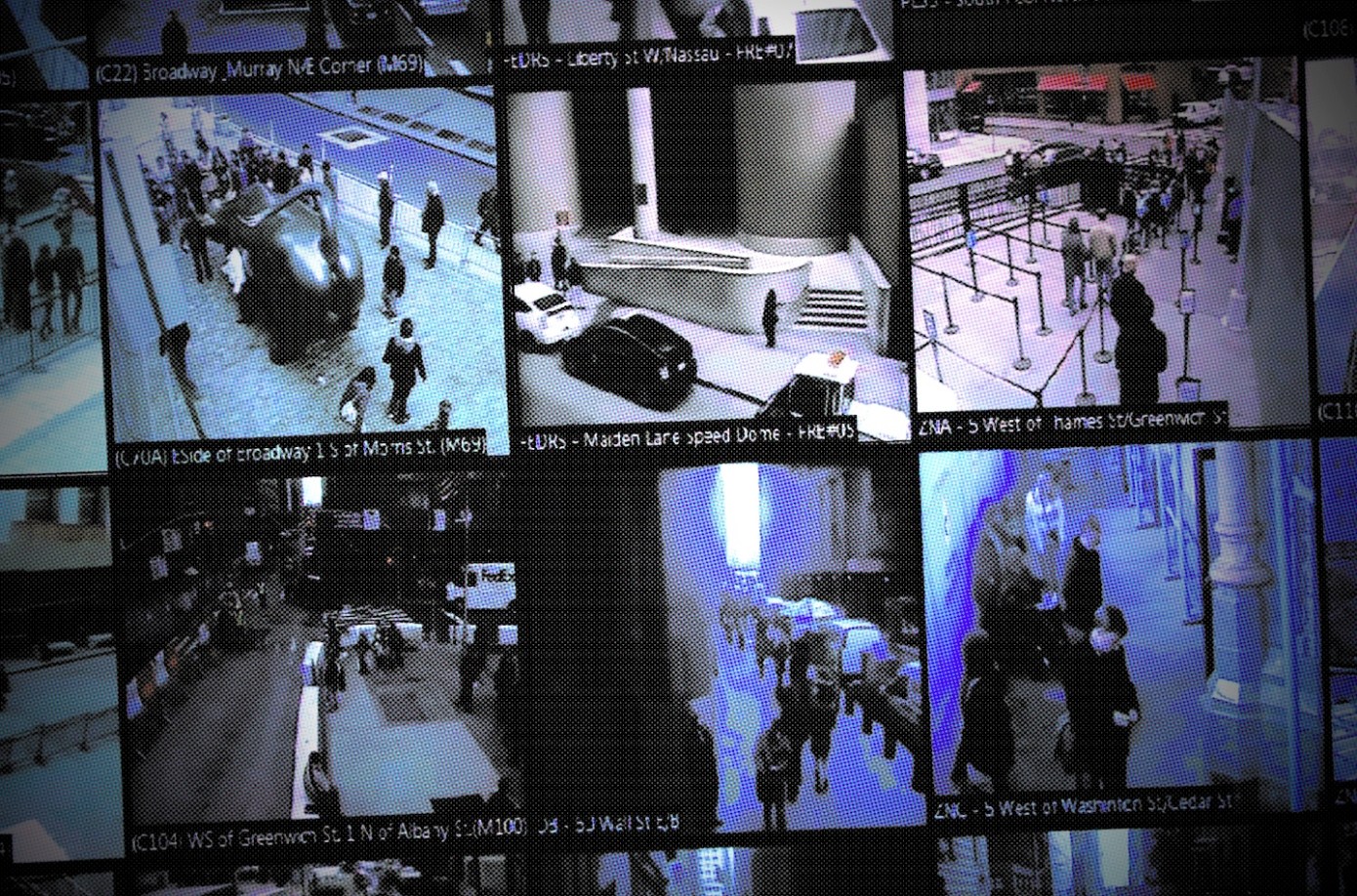A watchlist of dangerous people and corporate elements possessed by Dow Jones has been uncovered, after an organization with access to the database left it on a server without a secret word.
Bounce Diachenko, an autonomous security specialist, found the Amazon Web Services-facilitated Elasticsearch database uncovering more than 2.4 million records of people or business substances.
The information, since verified, is the monetary goliath's Watchlist database, which organizations use as a component of their hazard and consistence endeavors. Other budgetary organizations, similar to Thomson Reuters, have their very own databases of high-chance customers, politically uncovered people and fear based oppressors — however have likewise been uncovered throughout the years through discrete security slips.
A 2010-dated leaflet charged the Dow Jones Watchlist as enabling clients to "effectively and precisely distinguish high-hazard customers with definite, modern profiles" on any individual or organization in the database. At the time, the database had 650,000 sections, the pamphlet said.
That incorporates present and previous lawmakers, people or organizations under assents or indicted for prominent money related wrongdoings, for example, extortion, or anybody with connections to fear mongering. A large number of those on the rundown incorporate "extraordinary intrigue people," as per the records in the uncovered database seen by TechCrunch.
Diachenko, who reviewed his discoveries, said the database was "recorded, labeled and accessible."
The information is altogether gathered from open sources, for example, news articles and government filings. A considerable lot of the individual records were sourced from Dow Jones' Factiva news file, which ingests information from numerous news sources — including the Dow Jones-possessed The Wall Street Journal. Be that as it may, the very consideration of an individual or organization's name, or the motivation behind why a name exists in the database, is exclusive and firmly monitored.
Numerous budgetary establishments and government offices utilize the database to affirm or deny financing, or even in the covering of ledgers, the BBC recently detailed. Others have detailed that it can take close to nothing or frail proof to arrive somebody on the watchlists.
The records we saw shift uncontrollably, however can incorporate names, locations, urban communities and their area, regardless of whether they are expired or not and, at times, photos. Diachenko likewise discovered dates of birth and sexual orientations. Each profile had broad notes gathered from Factiva and different sources.
One name found aimlessly was Badruddin Haqqani, an officer in the Haqqani guerilla extremist system in Afghanistan associated with the Taliban. In 2012, the U.S. Treasury forced authorizes on Haqqani and others for their contribution in financing fear based oppression. He was executed in a U.S. ramble strike in Pakistan months after the fact.
Dow Jones representative Sophie Bent stated: "This dataset is a piece of our hazard and consistence feed item, which is completely gotten from freely accessible sources." The spokepserson said an "approved outsider" was at fault for the introduction, however did not name the supposed organization or give proof to the case.
We asked Dow Jones explicit inquiries, for example, who the wellspring of the information spill was and if the presentation would be accounted for to U.S. controllers and European information security specialists, however the organization would not remark on the record.
Two years prior, Dow Jones conceded a comparable distributed storage misconfiguration uncovered the names and contact data of 2.2 million clients, including supporters of The Wall Street Journal. The organization portrayed the occasion as a "blunder."

Comments
Post a Comment